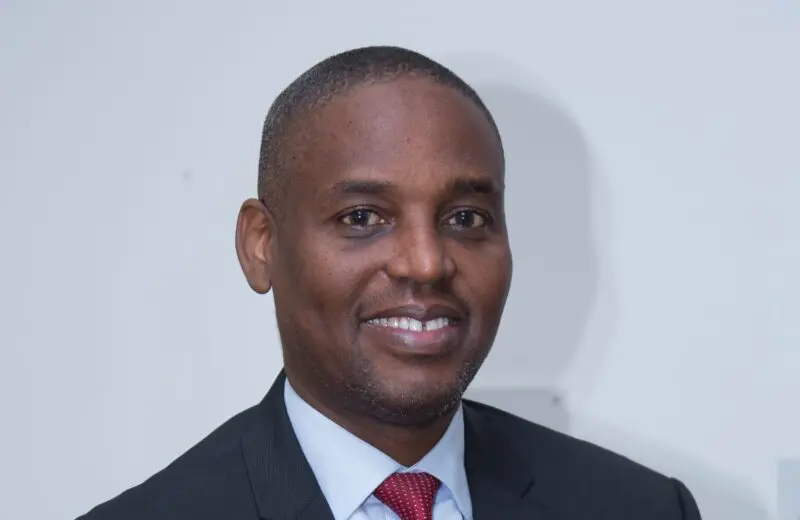The aviation industry is a critical sector that requires a robust framework of checks and balances to ensure safety and operational efficiency. Globally, regulators and airline operators engage in rigorous mutual oversight to safeguard passengers, protect airline investments, and maintain public confidence.
However, recent developments within Nigeria’s aviation sector have raised significant concerns among industry experts. Specifically, a communication from certain airline operators advocating the confirmation and retainership of the Director General of the Nigerian Civil Aviation Authority (NCAA), Mr. Chris Najomo, has elicited apprehension. Such advocacy, while unusual, appears to undermine the prerogative of His Excellency, President Bola Ahmed Tinubu, who alone is constitutionally empowered to appoint, confirm, or relieve government officials.
The motives behind this call remain unclear. However, it has provoked critical safety and governance concerns. As an aviator residing in Canada and a potential user of Nigeria’s aviation infrastructure, I am deeply troubled by the implications of airlines campaigning for their regulator. Notable industry players, such as Mr. Allen Onyema of Air Peace and Mr. Obiora Okonkwo of United Nigeria Airlines, have openly supported Mr. Najomo. Their actions raise questions of partisanship and conflict of interest at a time when aviation safety in Nigeria faces unprecedented challenges.
This situation is analogous to commercial banks lobbying for the appointment of a Central Bank Governor—a scenario that would compromise regulatory independence and efficacy. If airlines, which are subject to regulation, begin influencing the tenure of the NCAA’s leadership, it raises concerns about collusion and the erosion of regulatory oversight. This could explain the frequency of safety incidents, including crash-landings, runway mishaps, tire failures, and other operational irregularities in the sector.
The Nigerian aviation industry stands at a critical juncture. It requires competent leadership and expert management to prevent a slide back to the era of frequent accidents and systemic failures. The advocacy by airline operators in support of a sitting administrator casts doubt on their commitment to the broader safety and operational integrity of the sector. Their actions suggest comfort with a regulatory environment tailored to their interests, rather than one prioritizing safety and compliance.
President Bola Tinubu, a leader known for excellence and placing the right individuals in positions of authority, must take decisive action to safeguard the aviation industry. It is imperative to evaluate the leadership of the NCAA critically and objectively, free from undue influence by interested parties. This is the only way to restore confidence in the sector and ensure its continued viability as a gateway to Nigeria’s international engagements.
The actions of Mr. Onyema and Mr. Okonkwo, issuing press statements in support of the NCAA DG, not only constitute an affront to President Tinubu’s authority but also to the nation. Instead of influencing decisions reserved for the presidency, these airline operators should focus on addressing critical issues within their domain, such as reducing the prohibitive cost of air travel. Nigerians are currently grappling with high ticket prices, a situation likely to worsen as the Yuletide season approaches.
In conclusion, this moment presents an opportunity to transform Nigeria’s aviation sector under the leadership of President Tinubu. Change within the NCAA is necessary to address current challenges and align the industry with global best practices. The era of business-as-usual must end, and the old ways of governance and regulatory oversight must give way to a renewed focus on safety, accountability, and efficiency.
Femi Johnson
Writes from Canada
Aviation safety: Are airlines regulating the regulators?

